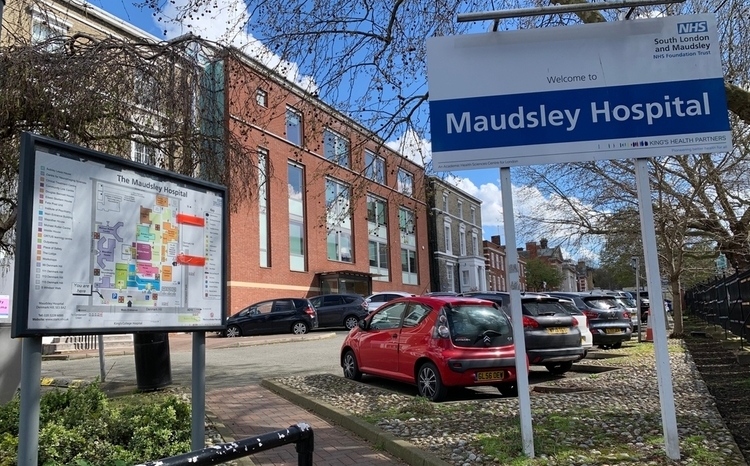NAO says out-of-hours management information poor
- 5 May 2006
Management information on out-of-hours services is poor, caused partly by problems with IT systems and compounded by inadequate telephone systems in some areas, the National Audit Office (NAO) has reported.
In its 48 page review of how new arrangements for out-of-hours care have worked since the vast majority of GPs opted out in 2004, The Provision of Out-of-Hours Care in England, the NAO found that the costs of providing out-of-hours care has outstripped the money allocated by the Department of Health (DH) by 22%.
The report concluded that out-of-hours services are beginning to reach a satisfactory standard and that patient experience is generally good but also found that performance standards set by the DH are not being achieved by the majority of PCTs. Some trusts are unable to show whether or not they had met quality requirements set by the DH.
“Despite upgrades and improvements to IT systems, management information is still poor," says the report. “This is not helped by inadequate call management technology in some areas or difficulties in using the department’s reporting template.”
However Lynn Woods, managing director of Adastra, the out-of-hours IT supplier to 68 of the 70 operational hubs in England, said he was disappointed that the NAO had chosen to describe management information as poor.
He told EHI Primary Care: “The problem is that it is very misleading. When the NAO comes looking for evidence of how PCTs are doing, quite a few PCTs will run for cover and a lot will blame the IT to try to find any reason that deflects attention for themselves.”
Woods said he accepted that everyone involved in out-of-hours care was at the development phase in terms of implementing quality requirements but that in many cases it was the complexity of measuring out of hours performance that was causing the problems, rather than the IT itself.
The NAO report said that while Adastra is capable of producing good management information it depended on the provider understanding how to configure their database to enter relevant information and then doing so in a consistent fashion.
The report identifies difficulties including:
– providers reporting to a number of different commissioners, which meant they had to spend large amounts of time trying to cut their data into different formats.
– difficulties matching local nomenclature, such as activity types and local priorities, to commissioners’ reporting requirements;
– problems when a patient is first dealt with by NHS Direct and then handed on to a dedicated provider when it is was unclear how long a patient had already been waiting;
– reasonable and routine exceptions to report time standards are currently penalised, for example if the reason for a longer wait was because a caller chooses to delay an appointments because they are waiting for someone to look after their children;
– problems with the DH’s own reporting template which many found difficult to use.
Woods added: “It’s a very complex area and the DH is trying to do their best and we are working closely with them to get it right.”
The report said there had been initial problems with out-of-hours care because PCTs lacked experience, time and reliable data to set up their own arrangements but that costs for the first full year had been £394m, compared with the £322m allocated by the DH.
The NAO concluded that out-of-hours services could be delivered more cost-effectively without compromising quality if all PCTs matched the best through a series of actions including benchmarking themselves against similar PCTs and analysing local demand patterns. The NAO suggested that by doing so a saving a £134m could be achieved.
The report found that GP pay rates for delivering out-of-hours care varied widely from an average of £58. 60 per hour to £107 per hour for a weekday evening. Rates on public holidays varied from a minimum of £48 per hour to £165 per hour.
It highlighted Devon Doctors Co-operative which the report describes as a particularly good example of effective planning and management which it said allows them to pay their GPs £50 per hour on weekday evenings and £70 per hour overnight and at weekends.
The report says the cooperative is oversubscribed with GPs willing to work out of hours shifts with rotas run with the help of a ‘pioneering website’ that allowed shifts to be booked electronically.
PCTs are now using a range of providers for out of hours care, according to the report, and the NAO found that it is now common for commissioners to have contracts with several providers, each providing a different element of the service. The report said NHS Direct was awarded 18% of all out of hours contracts but these only accounted for 4% of the market by revenue.
Sir John Bourn, head of the National Audit Office, said he believed the DH was on track to providing high quality out-of-hours services. However he added: “It is disappointing that there were so many problems in starting the new arrangements and I am concerned that so few providers are meeting their targets for the time it takes to respond to patients. And the continuing confusion over whether out-of-hours is supposed to be an urgent or unscheduled care service should be dispelled without delay.”
Edward Leigh, the chairman of the public accounts committee, described the change in arrangements for out of hours care as ‘a costly mess.’
He added: “The actual costs of providing the service – £70m more than expected – will have put extra burdens on the NHS at a time when we know that it can ill afford them. “




